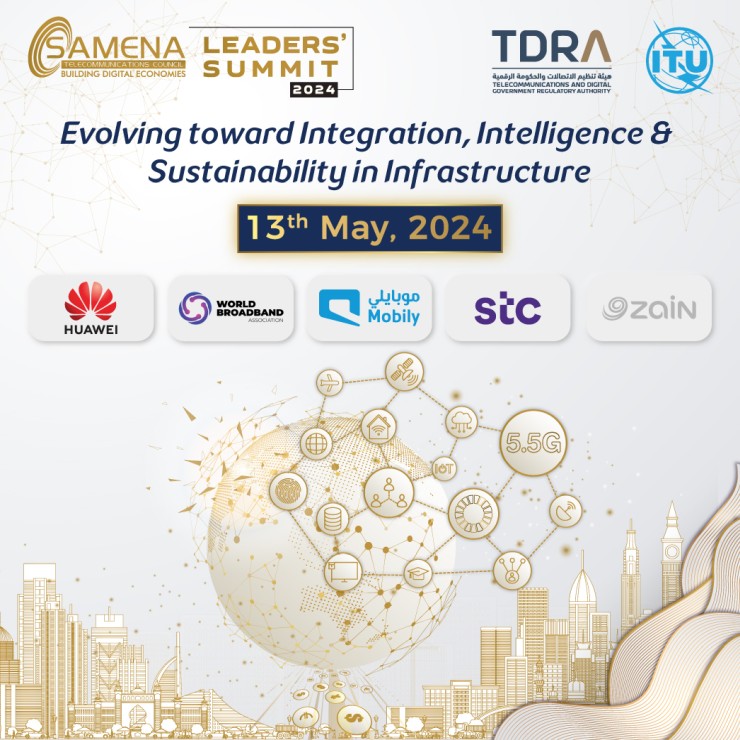International calls are now controlled by seven IGWs. Despite opposition from several quarters, Bangladesh Telecommunications Regulatory Commission (BTRC) issued directives in this regard on Tuesday. This syndicate has thus been given the opportunity deal in transactions of over Tk 35 billion.
Under this new system, the seven IGWs will earn about twice more than the other firms, though they are run under the same licences. The IGW businessmen said that the new system has been introduced without paying any heed to the International Long Distance Telecommunication Service (ILDTS) policy. ILDTS provides for calls in three phases (IGW, ICX and ANS), but directives have been issued for a new without amending the regulation. This is a violation of the open competition policy.
Though there are 29 International Gateway (IGW) operators in the country, BTRC has selected seven from the IGW operators forum under supervision of influential quarters, to operate the international calls.
These seven firms are Unique Infoway, Digicon Communications, Roots Communications, Global Voice, Mir Telecom, Bangla Trac and Novo Telecom.
The wife of a BNP leader is the proprietor of Unique Infoway. A young member of parliament of the ruling party had recommended the licence of Gigicon Communications. BTRC had blocked the firm in 2013 for not paying taxes. Gulshan Ara is one of the main owners of Roots Communications. Her husband is a presidium member of Awami League. The owner of Global Voice is AKM Shamsuddoha. He is the president of the IGW forum. Sources confirm that the interests of a certain top businessman, close to the this government, has interests in this firm.
According to the directives, this new 'network topology' has to be followed on a test basis in operating international calls. IGWs, INX and ANS, that is mobile operators, will have to operate calls under this new network topology within 30 days.
BTRC has stated, before starting the new system commercially, after informing BTRC, IOF will carry out an inspection and then give approval to operate commercially. BTRC has also issued directives regarding the intercommunication technical aspect for operating the system in a experimental basis. The submarine cable or ITC will be directly connected to the IOF's common international point (CIP). The IGWs will operate the calls through the CIP. Unlike before, the IGWs will not be able to directly communicate with with the ITC. This will have to be done through the those seven IGWs operator switches (IOS).
Shortly before being expelled from the cabinet for controversial remarks made in America, this plan was devised by Latif Siddiqui to capture business, stated concerned quarters. As part of this plan, the IGW operations forum (IOF) was formed with 18 firms. The forum proposed that IGWs be divided into two tiers.
It is alleged that BTRC was also involved in this plan. BTRC denies this, but a summary of the proposal with the telecommunications ministry mentions the involvement of BTRC. BTRC had hurriedly sent the model for approval to the ministry on 28 September before Latif Siddiqui went to the US.
According to the rules, IGWs were supposed to be under the same licence, but in the IOF plan these were divided into Tier-1 and Tier-2. Of the 29 operators, 23 were included in this proposal.
According to the proposal, all transactions will be conducted through Tier-2. Tier-1 operators will bring in calls from overseas, but will not be able to take these up till the subscriber. The calls will have to be channeled through the seven operators. These operators will hand them over to agencies like BTRC, ICX and ANS.
In the letter sent to the ministry in September, BTRC selected seven IGW company names. It said that the names had been selected on the basis of the highest number of call terminations, highest revenue, dues, etc. However, concerned quarters said that four of the seven firms were involved in controversial and financial irregularities. Till June last year, these IGWs owned BTRC about Tk 2 billion.
According to BTRC's licensing policy, every IGW is bound to pay 40% of its revenue to BTRC, 17.5% to ICX and 22.5% to ANS. However, under the new system, permission was given to take the revenue through the syndicate rather than directly from the IGWs. This has given approval for over Tk 3 billion earned from overseas calls to be taken from the controversial syndicate.
In the proposed model, the revenue distribution of Tier-1 and Tier-2 has been set at the ratio of 1:1.90. That means, if the Tier-1 firms get Tk 1 per call, then Tier-2 firms will get Tk 1.90 to transfer the call to ICX. Tier-2, under this model, will be getting double the revenue with no extra effort. The proposal also has arrangements to remove a substantial sum in the name of market development.
Earlier, an appeal had been sent in the name of IGW business persons to the prime minister's office, saying that if the initiative was implemented, then a controversial group would be benefitted. The prime minister's office asked the telecommunications secretary for an explanation. However, on 26 December, the prime minister's office approved the proposal.
When the BTRC chairman and other senior officials were approached on the issue, none of them agreed to be quoted. However, a senior official said, the IGWs have the same connection with BTRC as the other firms. This cannot be viewed negatively.
Source: http://en.prothom-alo.com/bangladesh/news/62221/International-call-business-monopolised
